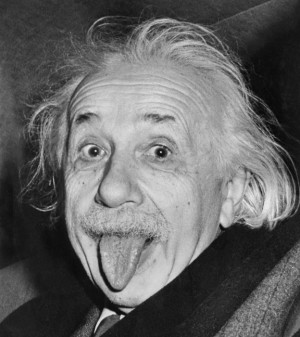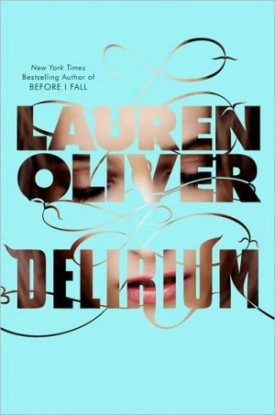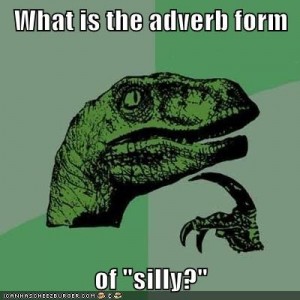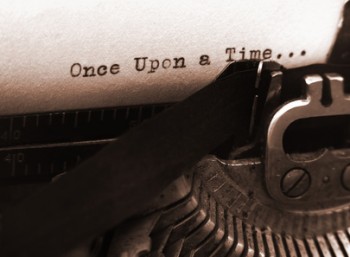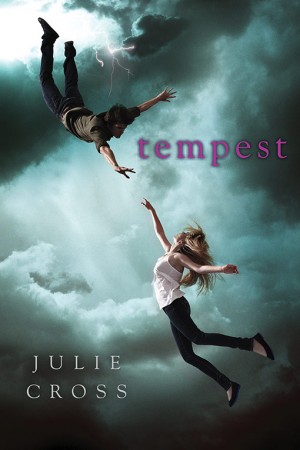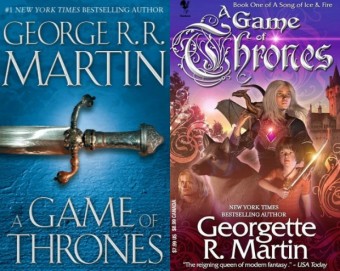The other day I was at a barbeque with a few friends and plenty of strangers, and when I mentioned that I was a writer I got the usual barrage of strange and slightly insulting questions. Questions like “Where do you get your ideas, and how do you know if they’re any good?” and “If you’re not published yet, are you really a writer?” I’m mostly used to this kind of thing by now, and have a collection of stock answers up my sleeve that satisfy even the most inquisitive soul. But this time one guy asked me a question that gave me pause. “What do you do,” he queried, “when you get writer’s block?”
Now, I think this is a perfectly reasonable question to ask. But there were a few things about the way it was phrased that struck me as unusual. First, he said when you get writer’s block, as opposed to if–he clearly assumed that all writers, at some point or another, are struck by the affliction of writer’s block. Second, he asked what do you do when this happens. Not when does this happen, or why does this happen, but what do you do. I’m not sure exactly what answer he was looking for (“I chant arcane incantations to the Nightmare Gods for inspiration”) but the question got me thinking a lot about writer’s block, and peoples’ perceptions of what exactly that means.
